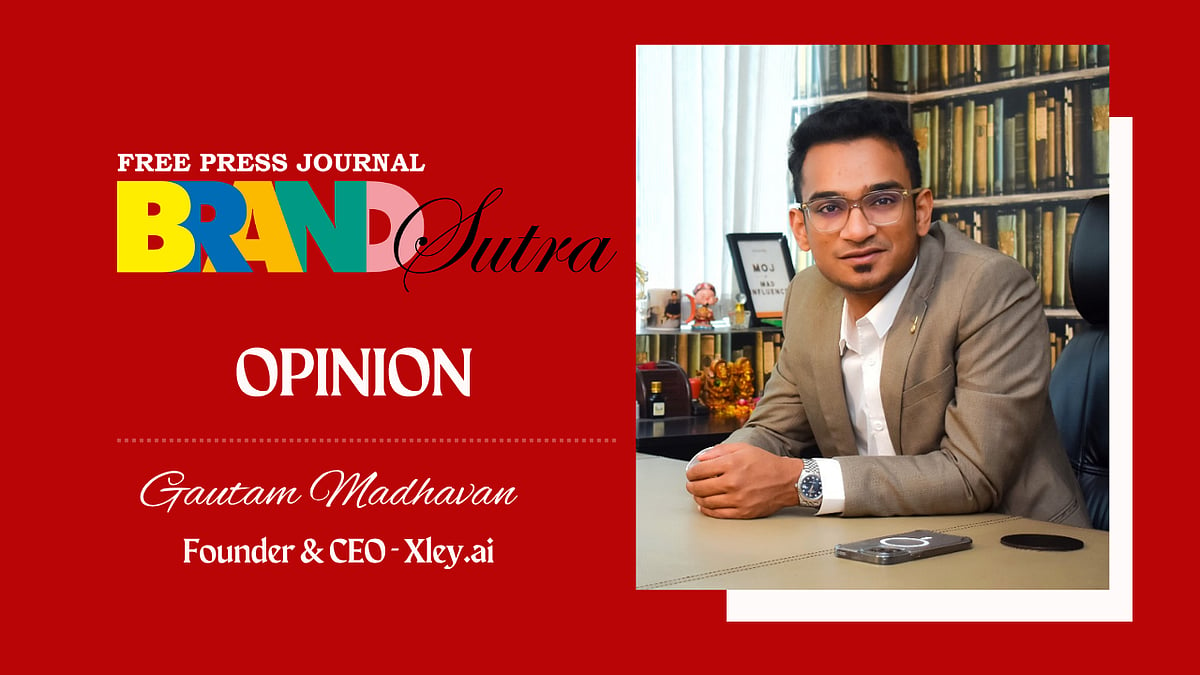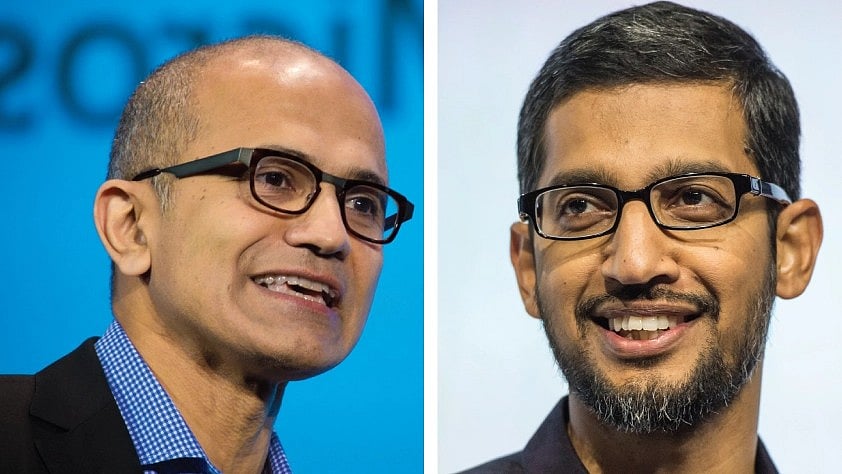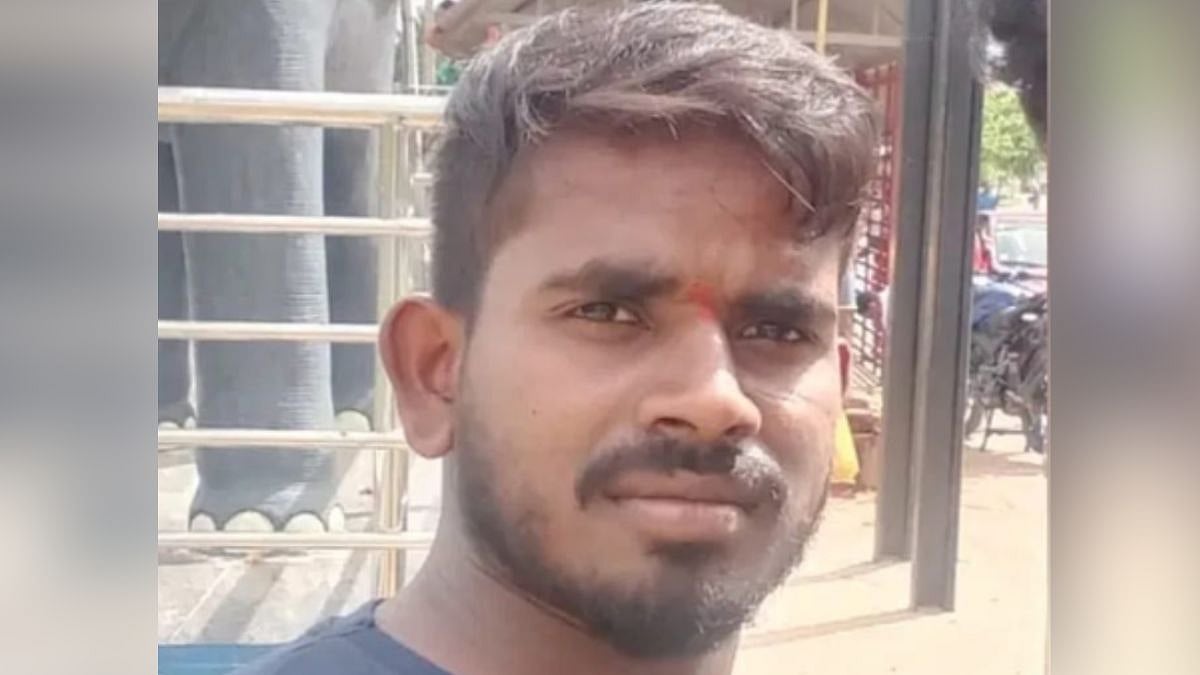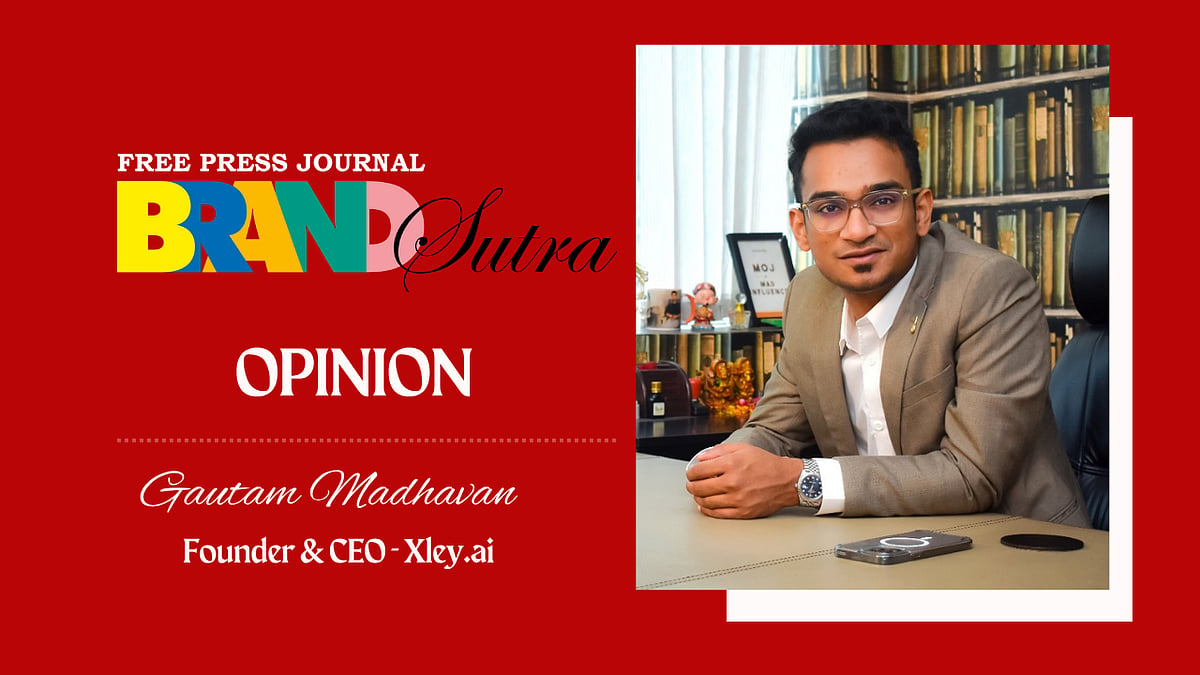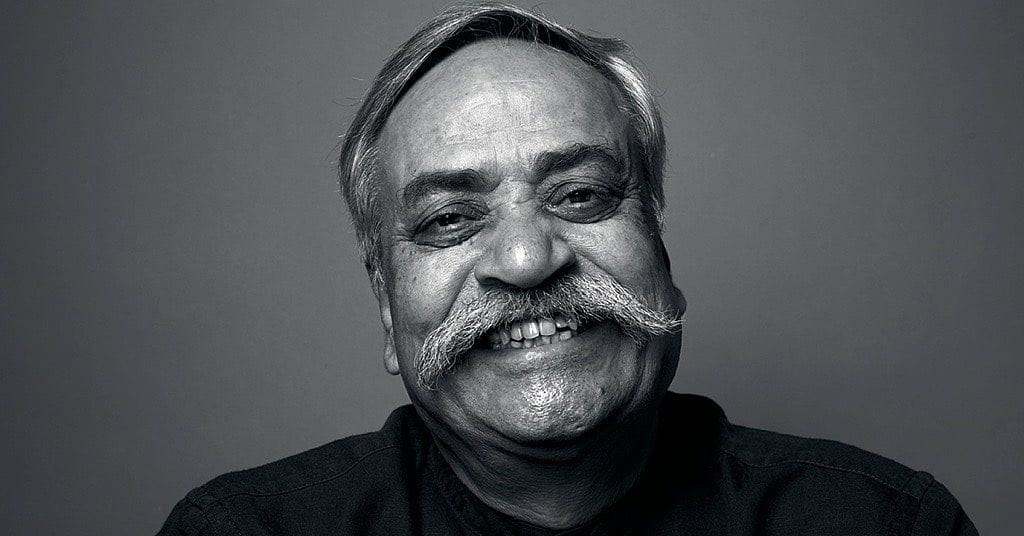By Gautam Madhavan
At an annual growth rate of nearly 25%, India’s influencer marketing industry is on a steep upward trajectory — projected to surpass INR 5,600 crore by 2026. What began as an experimental marketing tactic has matured into a thriving ecosystem that drives conversations, shapes purchase decisions, and builds authentic brand connections.
This exponential growth signifies a critical shift: influencer marketing is no longer a passing trend. For brands across categories, it has evolved into an indispensable part of the communication strategy — a bridge between creativity, culture, and commerce.
The TikTok era marked a cultural inflection point. Short, relatable, and unfiltered videos turned ordinary people into overnight celebrities. The platform’s democratisation of fame proved that relatability and creativity could generate far deeper engagement than traditional celebrity endorsements.
Following TikTok’s ban in India, platforms like Instagram Reels and YouTube Shorts filled the void, giving rise to a dynamic creator economy. What began with lip-syncing and trends has now evolved into a sophisticated industry powered by creativity, technology, and measurable impact.
As the industry matured, one truth became clear — influence isn’t about reach; it’s about resonance. Today’s audiences seek creators who mirror their language, culture and lived experiences.
A creator with a community of 20,000 deeply engaged followers can deliver more authentic impact than a celebrity with millions of passive fans. Authenticity travels further than polish — and trust has become the new currency of influence.
This shift has paved the way for micro-influencers and regional creators, who offer brands higher engagement, cultural relevance and credibility. For marketers, the message is simple: in an age of personalisation, relevance outweighs reach.
If TikTok and Instagram ignited the influencer revolution, Artificial Intelligence is now powering its evolution. From identifying the right creators to predicting campaign outcomes and tracking performance in real time, AI is making influencer marketing smarter, faster, and more accountable.
The rise of virtual influencers and AI-generated content is also expanding the creative frontier. These innovations allow brands to experiment with storytelling formats that blend technology with imagination — offering futuristic yet authentic ways to engage audiences.
As India continues to lead one of the fastest-growing creator economies in the world, the next phase is going to be characterised by the synergy of the human creative force and artificial intelligence. Brands and creators that are open to this change and can find the balance between creativity and credibility will define sustainable relationships with communities.
(The author is the Founder & CEO of Xley.ai)
